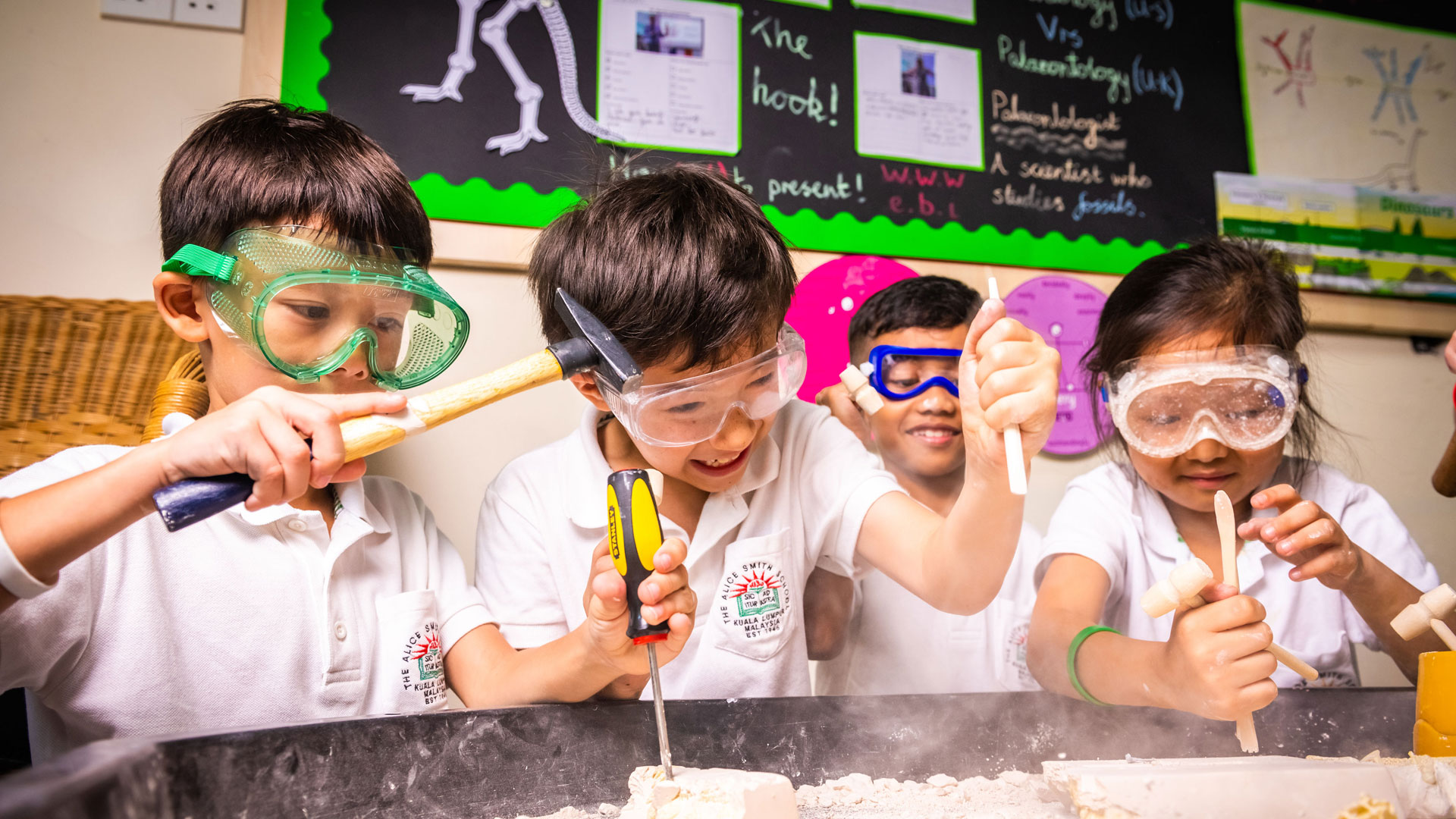
Primary education serves as the foundational stage of formal learning for children up to age 11. This educational phase encompasses a broad curriculum designed to develop essential skills in various subjects, including mathematics, reading, writing, art, music, computing, PE and Personal, Social, Health and Economic (PSHE) education. Together, these subjects create a holistic educational experience that prepares our students for future academic challenges and personal growth.
Our Art curriculum encompasses a variety of artistic disciplines over six years, beginning in Year 1 with foundational skills in drawing, painting, printmaking, textiles, 3D art, and collage. Year 2 builds on these skills with a focus on refining drawing, printmaking, painting, and 3D techniques, while introducing a creative response component. From Year 3 onwards, the curriculum emphasises sketchbooks and drawing, print, colour, and collage, as well as working in 3D, paint, surface, and texture, alongside collaboration and community projects. This structured approach continues through Years 4, 5, and 6, where students deepen their skills and creativity in similar themes, fostering experimentation with materials and techniques to enhance their understanding and appreciation of the arts.

The Computing curriculum spans six years, beginning in Year 1 with a focus on the use of technology for creation and sharing, computational thinking, and media creation. In Year 2, students delve deeper into computational thinking and coding, particularly with robot algorithms and block coding, while continuing to explore digital media. Year 3 introduces effective tools for digital presentations and touch typing, alongside coding activities like Bebras and Hour of Code, and the design and development of Dash bots and image editing. Students also learn about computer systems and networks, focusing on events and actions in block-based programming. Year 4 emphasises vector graphics, spreadsheet basics, and algorithms involving repetition in shapes, culminating in game creation and internet safety techniques. In Year 5, the curriculum covers 3D modelling, spreadsheet formulae, and selection in physical computing and quizzes. Finally, Year 6 focuses on codes and codebreaking, 3D printing, website design using HTML and CSS, an introduction to Python, and programming concepts such as repetition, selection, and variables.
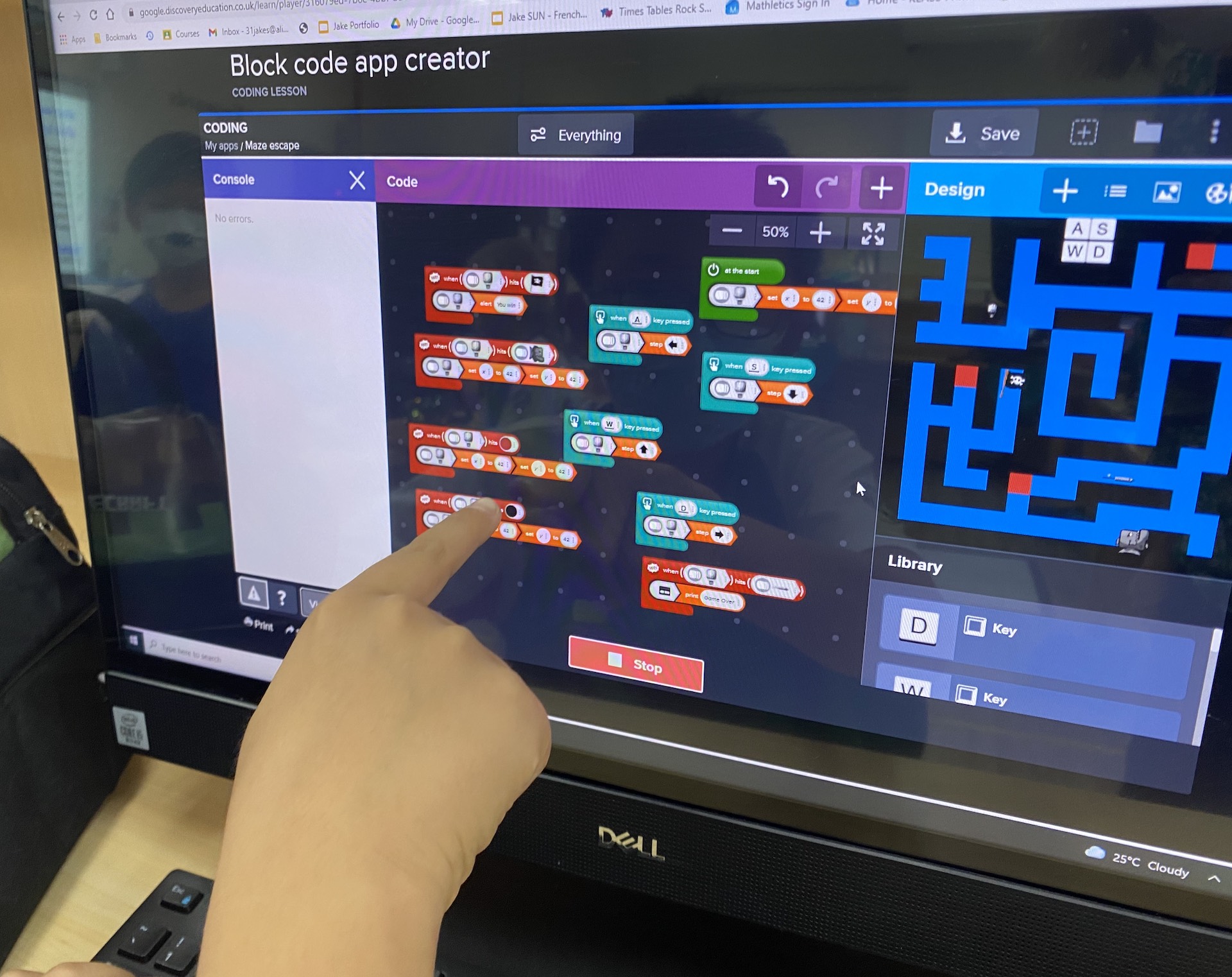
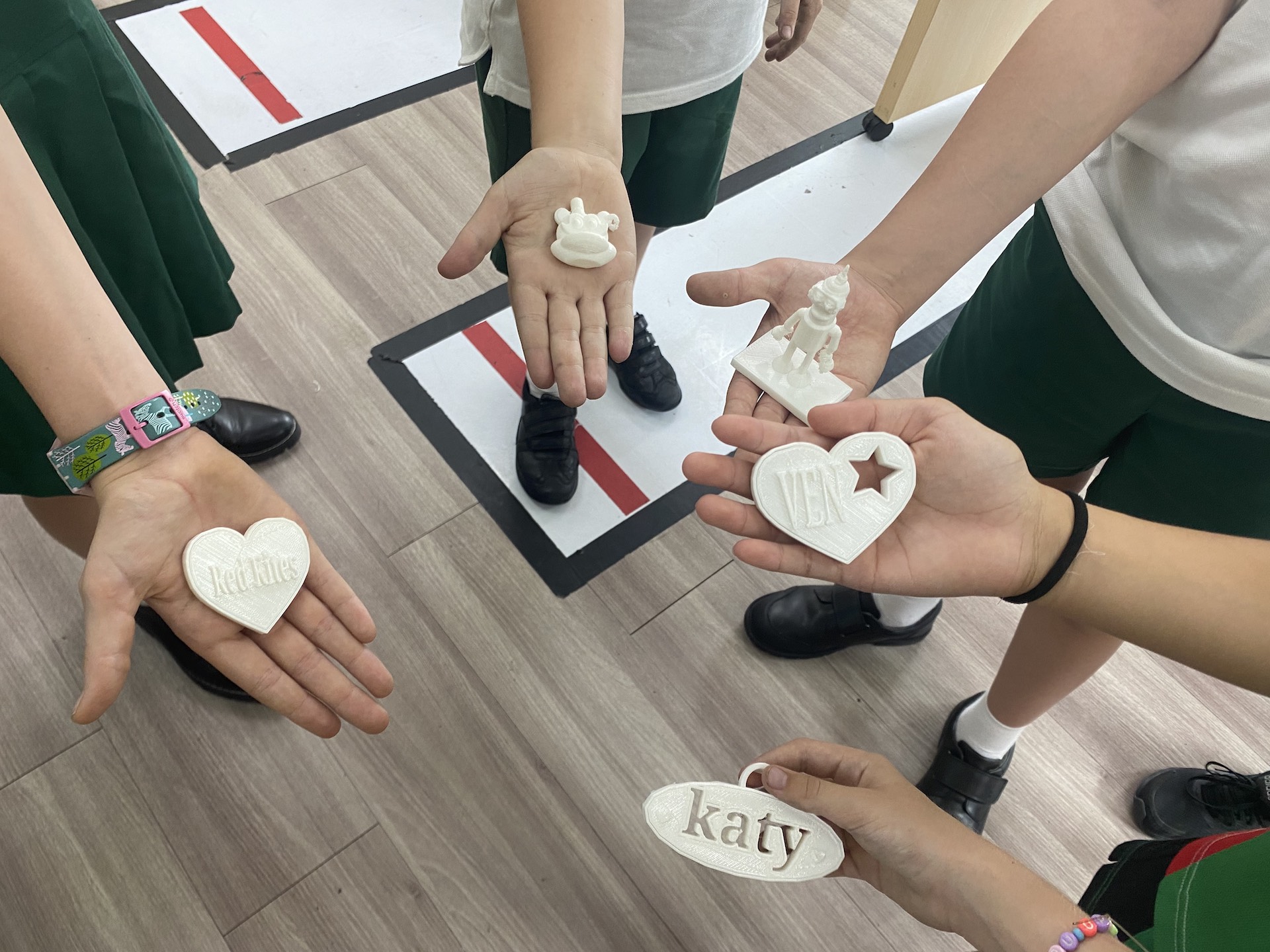
To deliver a high-quality, ambitious Design & Technology programme that goes beyond that of the English national curriculum. The KLASS Design & Technology curriculum is informed by the CUSP curriculum for Design & Technology and has been contextualised for our setting as an international school in Malaysia.
We implement this through:
For your child to:
Our focus on reading cultivates strong literacy skills and a love for reading from Year 1 to Year 6. In Year 1, students focus on applying phonics to decode words, developing reading pleasure, and enhancing vocabulary and comprehension through both independent and shared reading experiences. Year 2 introduces structured reading sessions, including PM Benchmarking, guided reading with various texts such as "Paddington" and "Aesop's Fables," and thematic books like "Little People, Big Dreams." In Year 3, students engage with responsive reading and diverse literature, including "Sam Wu Is Not Afraid of the Dark" and engineering-themed stories. Year 4 emphasises poetry and narratives that promote environmental awareness and social themes, while Year 5 explores historical and imaginative texts like "Shackleton’s Journey" and "Varjack Paw." Finally, Year 6 focuses on complex themes of belonging and identity through a selection of contemporary novels and poetry, including works by Shakespeare. Students are encouraged to explore a wide range of genres and styles, fostering critical thinking and a deeper understanding of texts.
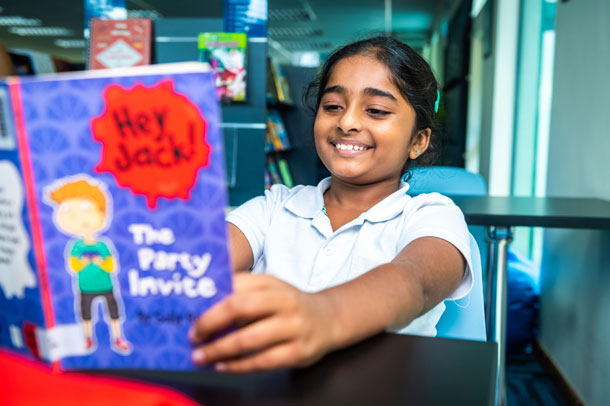
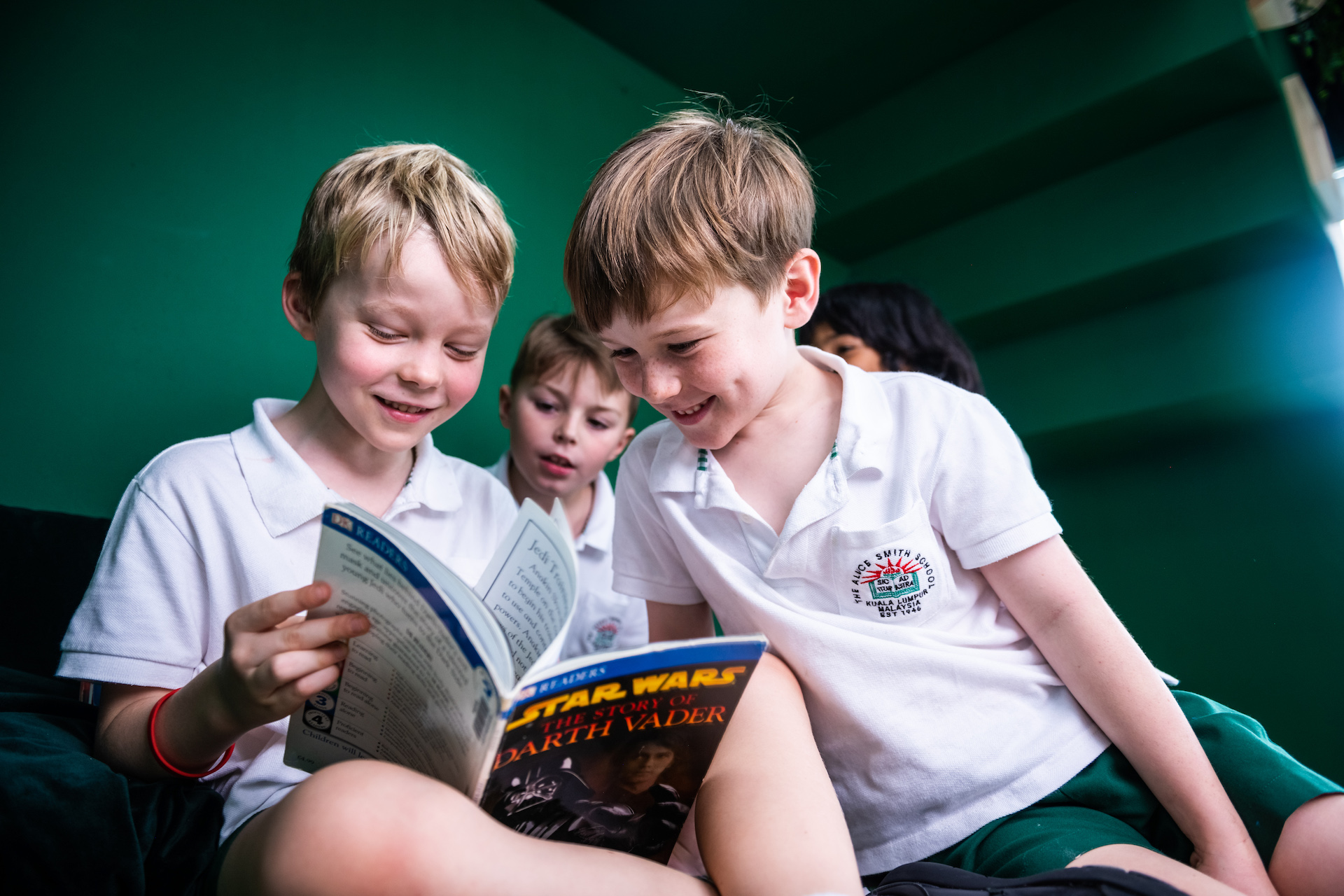
To deliver a high-quality, ambitious spoken language programme that goes beyond that of the English national curriculum.
We implement this through:
For your child to:
Our writing curriculum is designed to develop students' transcription, composition, and linguistic skills from Year 1 to Year 6, focusing on writing for various purposes, including informing, entertaining, and persuading. In Year 1, students learn foundational skills in vocabulary, grammar, and punctuation. Year 2 emphasises sentence composition, encouraging the use of precise adjectives, adverbs, and conjunctions to enhance writing, with a focus on character descriptions, poetry, and non-chronological reports. In Year 3, students explore first-person narratives, letters of complaint, and advanced instructional writing, while also integrating performance poetry and historical narratives. Year 4 continues this progression with persuasive writing, explanatory texts, and adventure stories, alongside diary entries and news reports. In Year 5, the curriculum includes narrative writing, playscripts, biographies, and balanced arguments, while Year 6 culminates with advanced genres such as explanation texts, discursive writing, and extended narratives, all while fostering creativity and critical thinking through responsive curriculum elements. Throughout their learning, students are encouraged to refine their writing techniques and express their ideas effectively across diverse formats.
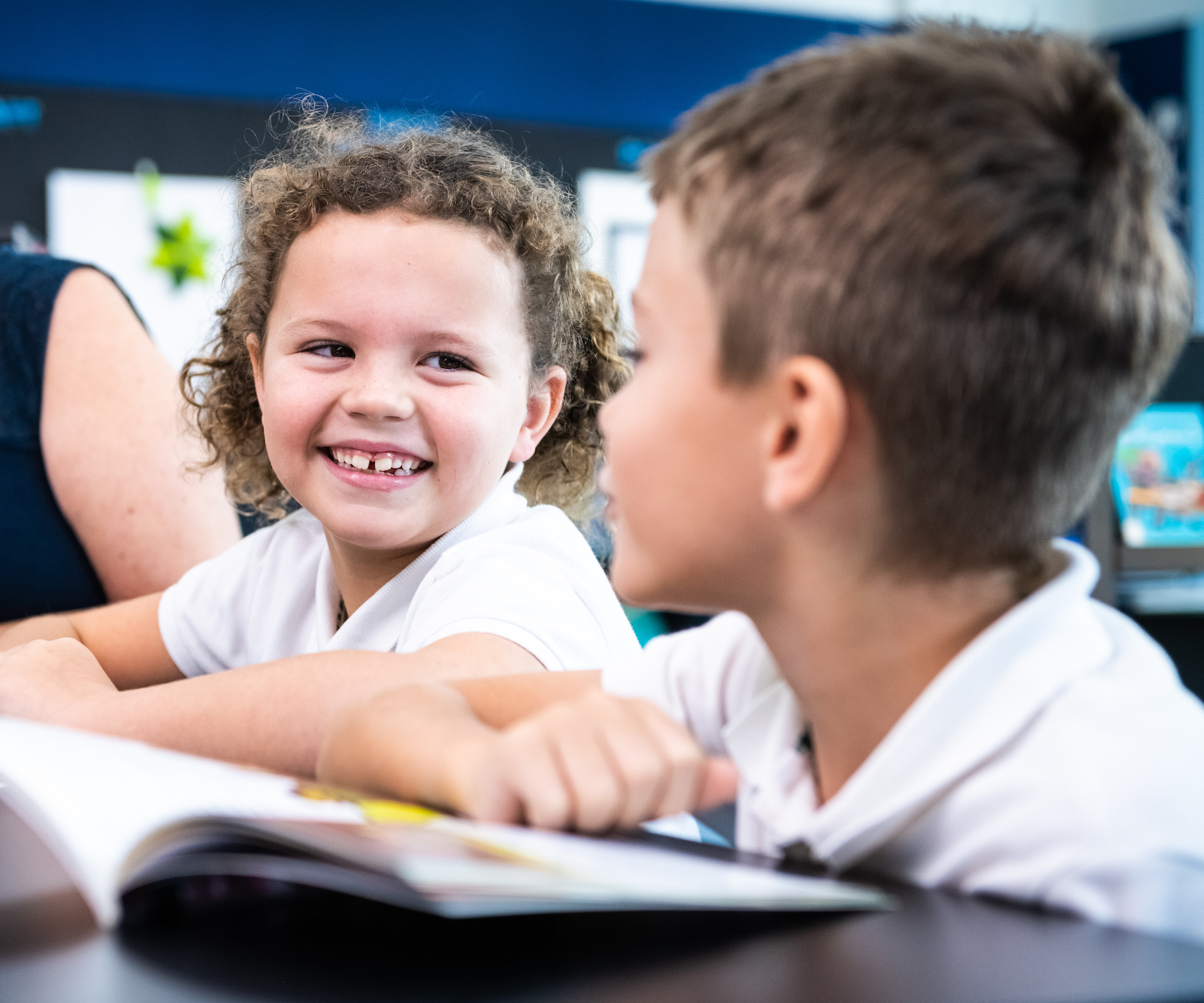

To deliver a high-quality, ambitious geography programme that goes beyond that of the English national curriculum. The KLASS geography curriculum is informed by the CUSP curriculum for geography and has been contextualised for our setting as an international school in Malaysia.
We implement this through:
For your child to:
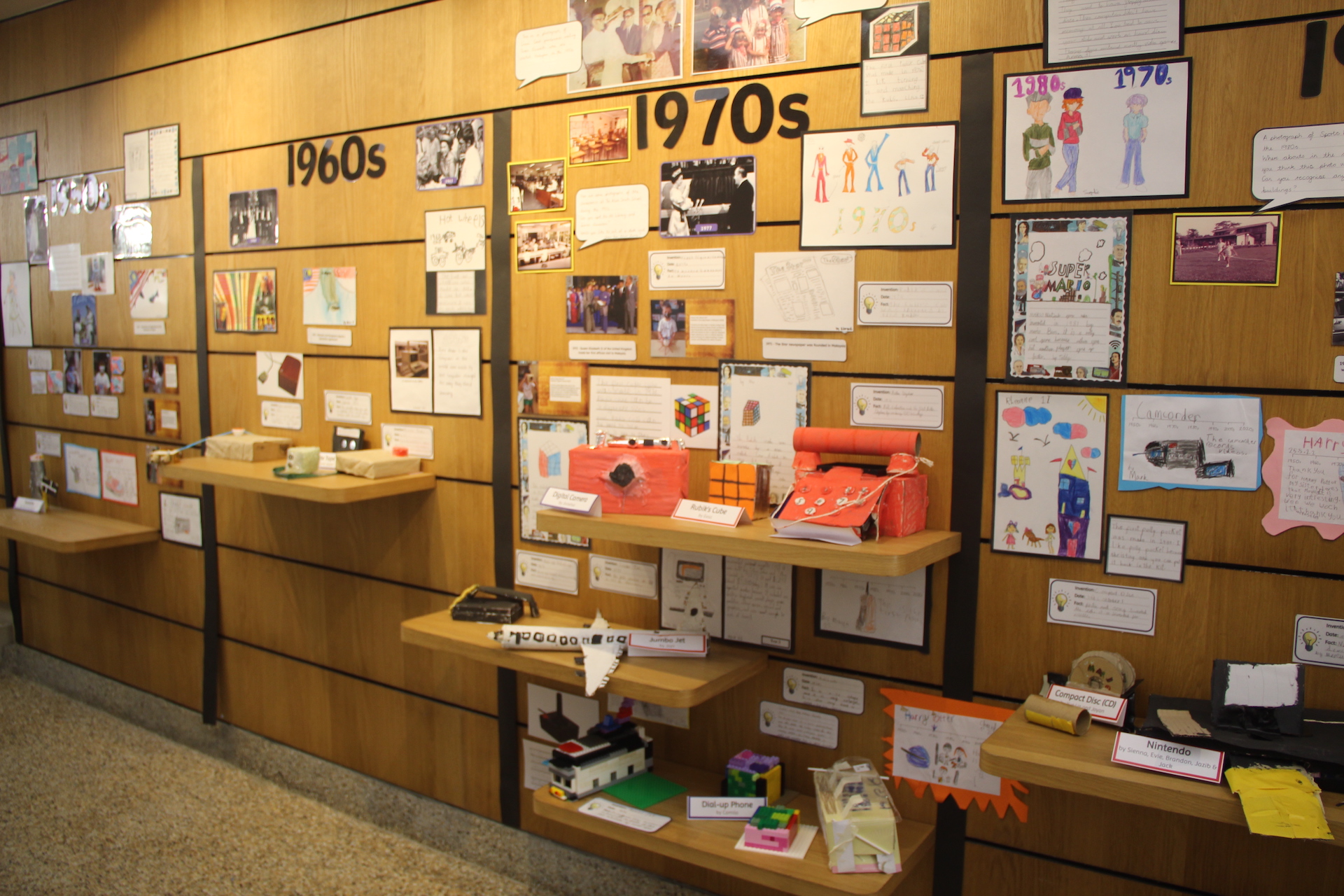
To deliver a high-quality, ambitious history programme that goes beyond that of the English national curriculum. The KLASS history curriculum is informed by the CUSP curriculum for history and has been contextualised for our setting as an international school in Malaysia.
We implement this through:
For your child to:
Our Language programme is designed to develop comprehensive language skills from Year 1 to Year 6, focusing on reading, writing, speaking, and listening in multiple languages, including French, Bahasa, and Mandarin. In Year 1, students learn basic vocabulary and simple sentence structures, progressing to more complex concepts in subsequent years. Year 2 emphasises vocabulary expansion and narrative writing, while Year 3 introduces advanced grammar and punctuation. From Year 4 onwards, the curriculum enhances language proficiency through diverse topics, including personal information, weather, food, and daily routines, while incorporating cultural elements from target language countries. Each language track has specific focus areas, such as phonics, character writing, and verb conjugation, ensuring a well-rounded approach to language learning that encourages collaboration, discussion, and practical application.
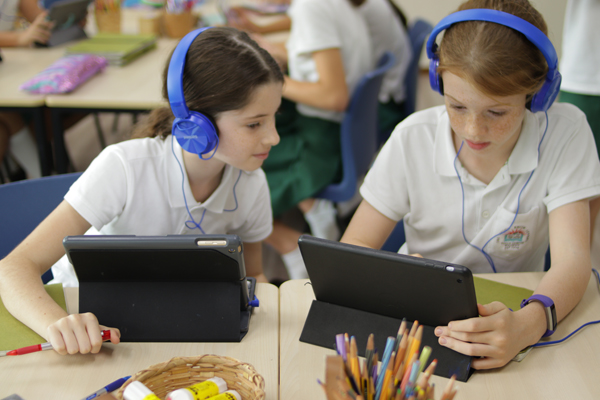
Mathematics follows a structured progression with each year building upon the concepts and skills learned in the previous year. In Year 1, students are introduced to place value, addition and subtraction within 10 and 20, shape, length and height, weight and volume, multiplication and division, fractions, position and direction, money, and time. Year 2 continues with place value, addition and subtraction, shape, money, multiplication and division, length and height, mass, capacity and temperature, statistics, fractions, position and direction, and time. The curriculum becomes more advanced in Year 3, covering place value, addition and subtraction, multiplication and division, length and perimeter, fractions, mass and capacity, money, time, shape, and statistics. Years 4, 5, and 6 further develop these concepts while introducing new topics such as area, decimals, percentages, ratio, algebra, converting units, and volume, ensuring that students gain a comprehensive understanding of mathematical principles and their applications.
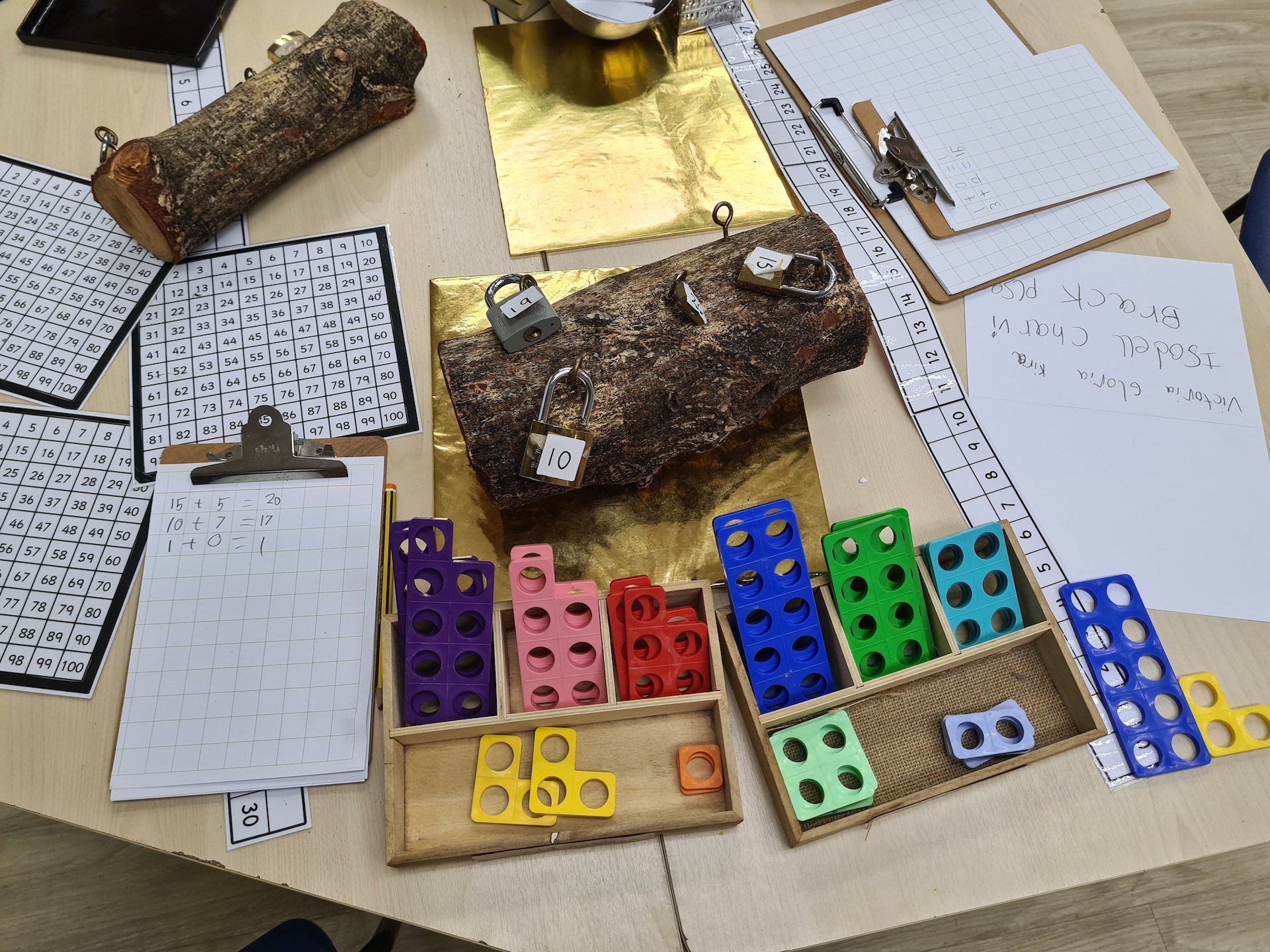
The Music curriculum spans six years, focusing on vocal development, rhythm, pitch, and cultural music exploration. In Year 1, students begin by finding their voices, refining singing techniques, and exploring basic rhythmic and pitch elements through activities like the "Big Sing." Year 2 builds on these foundations with more complex rhythmic patterns and introduces tuned percussion and folk dance through the "Blast Orff" program. In Year 3, students study programme music, exploring works like "Peter & the Wolf" and "Carnival of the Animals," while engaging in folk music and dance. Year 4 delves into musical cultures from South Asia and Africa, incorporating traditional dance and drumming techniques, alongside exploring major and minor scales. Year 5 focuses on ensemble performance through a band project, composition, and improvisation with junk percussion, while also introducing graphic scores. Finally, Year 6 emphasises songwriting, digital production, and the study of genres such as the blues, culminating in the creation of leaver's songs. Throughout the curriculum, students engage in practical music-making, composition, and cultural appreciation, fostering a well-rounded musical education.
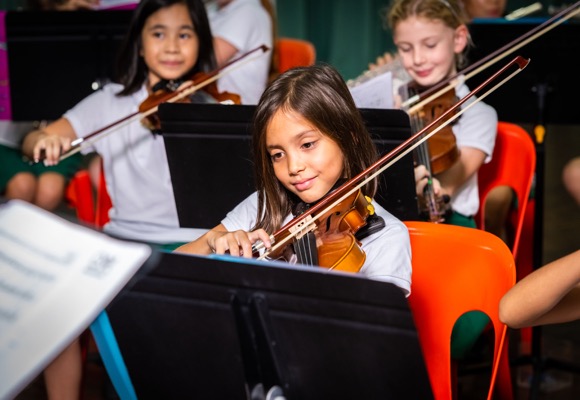
The Physical Education (PE) curriculum is designed to foster a comprehensive understanding of movement, fitness, and teamwork from Year 1 to Year 6. It begins with foundational skills such as landing, balancing, jumping, underarm throwing, running, chest passing, and catching; encouraging students to develop their physical abilities through a range of activities. As they progress, students engage in more complex skills and concepts, including the use of force in upper and lower body movements, core strength, and the importance of reflection on their performance. The curriculum incorporates a variety of sports and games, including net and wall games, badminton, and striking and fielding activities, while also emphasising performance movement, creativity, and flow in game creation. Students learn to apply their skills in game situations, enhancing their understanding of teamwork and sportsmanship. Throughout the program, there is a strong focus on developing fitness, endurance, and the ability to reflect on personal growth, fostering a lifelong appreciation for physical activity and healthy living.

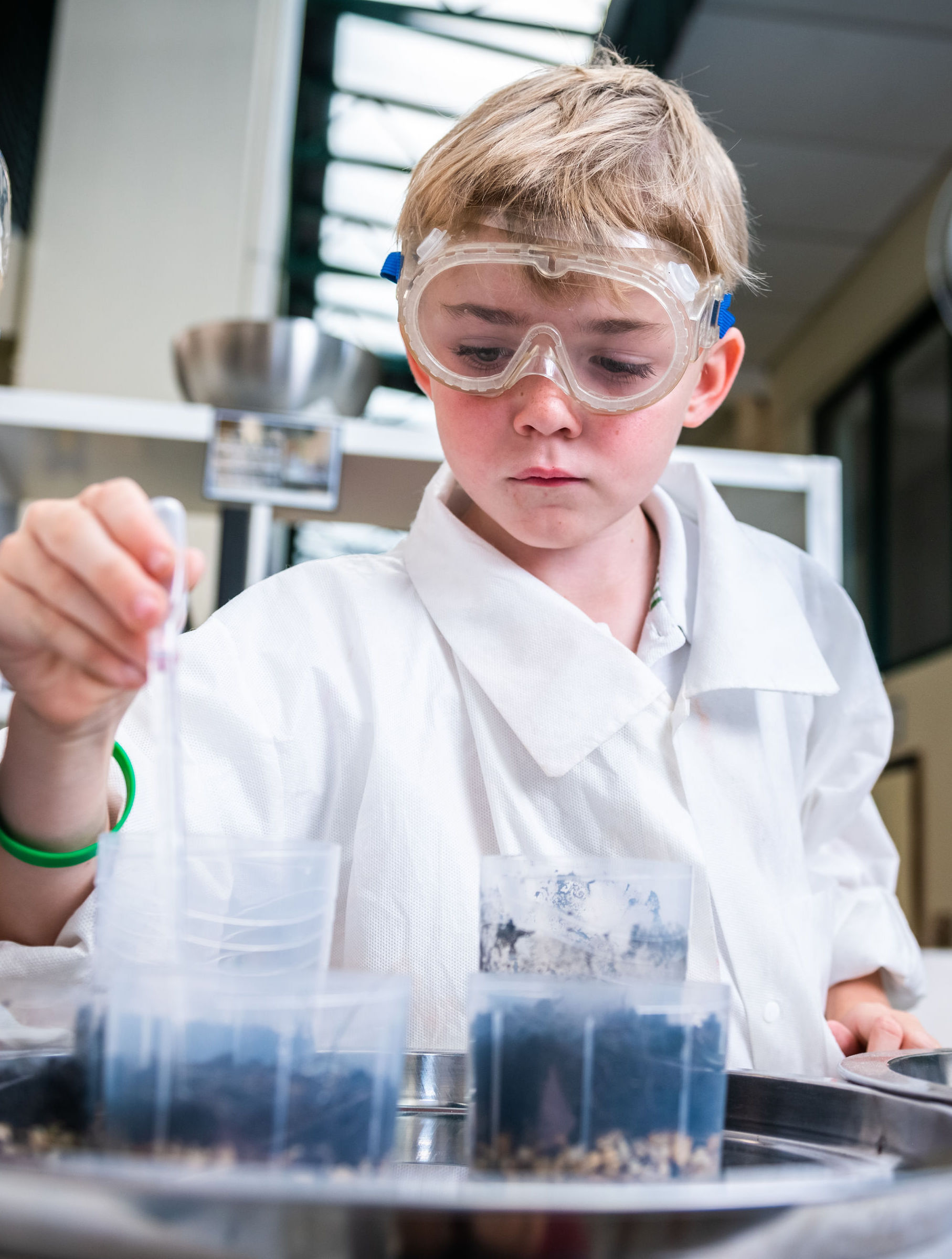
To deliver a high-quality, ambitious science programme that goes beyond that of the English national curriculum. The KLASS science curriculum is informed by the CUSP curriculum for science and has been contextualised for our setting as an international school in Malaysia.
We implement this by:
For your child to:

To deliver a high-quality, ambitious swimming programme that goes beyond that of the English national curriculum. The KLASS swimming curriculum is informed by best international practice in the field.
We implement this by:
For your child to:
Our PSHE (Personal, Social, Health and Economic) curriculum promotes personal growth, social awareness, and responsible decision-making through three main strands: Relationships, Health & Wellbeing, and Living in the Wider World. In Year 1, students explore topics such as global goals, safe relationships, mental health, digital citizenship, friendship, anti-bullying, physical health, diversity, and the rights of a child. The curriculum builds progressively in subsequent years, addressing age-appropriate issues and challenges while fostering emotional intelligence and social responsibility. Through interactive lessons and activities, students develop essential skills for navigating modern life, cultivating empathy, positive relationships, and a sense of global citizenship, ensuring a well-rounded education that prepares them for future challenges and opportunities.
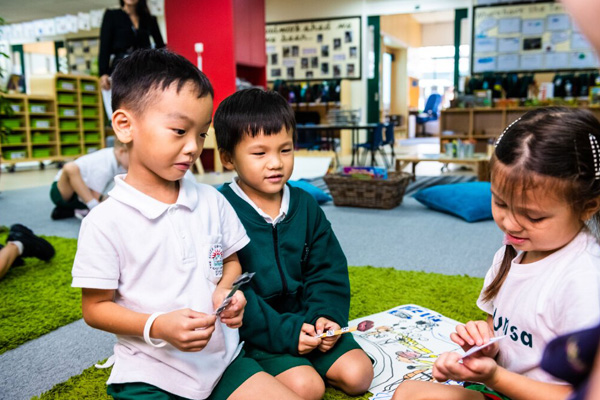
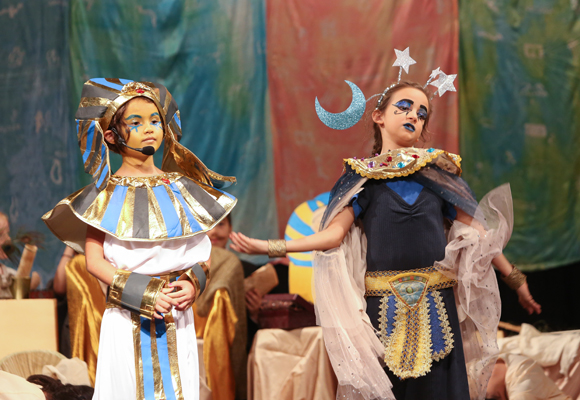
To deliver a high-quality, ambitious Wellbeing programme that goes beyond that of the English Policy Guidance. The KLASS Wellbeing curriculum is underpinned by the principles of positive psychology. We aspire to empower all in our school community to become architects of their own health and wellbeing within an enabling environment.
We implement this by:
For your child to:

To deliver a high-quality, ambitious cultural awareness programme that celebrates the history and diversity of Malaysia and promotes global citizenship.
We implement this by:
For your child to:
To deliver a high-quality, ambitious Islamic Studies programme that reflects Malaysian Government Policy Guidance.
We implement this by:
For your child to:
Note: It is a legal requirement for Malaysian Muslims to attend Islamic Studies.
.png)
Provide home learning to consolidate learning and support retrieval practice learning at home.
We implement this by:
For your child to:
Primary Sports Squads for football, swimming, athletics, basketball, and climbing aim to foster a well-rounded approach to sports, emphasising values that extend beyond the game. Selection for these squads is based on continuous observations and evaluations of students, with transitions managed sensitively and constructively. Key criteria for participation include physical skill, emotional readiness, a positive mindset and team attitude, and commitment to training and punctuality. The squads are categorised into Recreational, Developmental, and Competitive levels, each focusing on different aspects of skill development and competition intensity. Students will be invited to compete when coaches identify positive learning opportunities, with a fixture calendar shared at the start of the school year, although dates may occasionally change. To keep parents informed, our My School Portal connects to the SOCS sports fixtures platform, providing real-time updates. Our goal is to empower young athletes to excel both on and off the field.